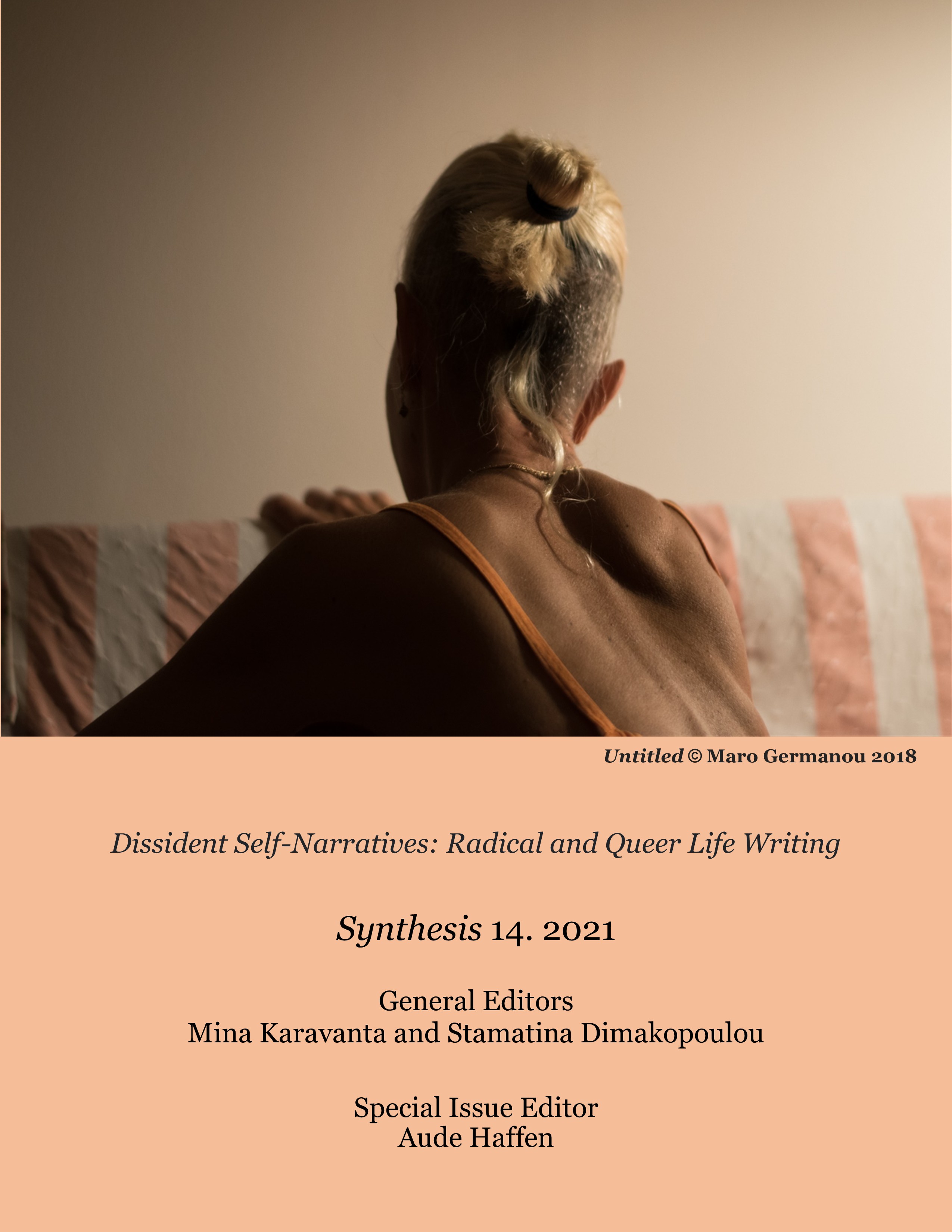“I just don’t want to be so likeable that anyone wants to rape me”: queering the affects of trauma in Myriam Gurba’s Mean

Abstract
In Mean, a memoir published in 2017 which chronicles her coming of age as queer and Chicana, Myriam Gurba consciously uses humor to talk about endemic sexual assault and her aggression. She has explained this gesture as a way of challenging a hegemonic “canon” saturating stories of sexual violence with piety, describing rape as a “baptismal experience” to be approached with solemnity (Gurba, 2018). This article contends that the description of trauma the memoir foregrounds can be read in the light of the queer approach developed by Ann Cvetkovich as “a name for experiences of socially situated political violence” (Cvetkovich, 2003). Through the ambiguous relationship with the figures of saints that the book contains, Gurba claims a tradition of queer self-writing which highlights moral ambiguity that resists the forced innocence assigned to the “ideal victim” (Yap, 2017). As she painfully negotiates the stance of the likeable narrator and points up to the centrality of meanness and other “ugly feelings” (Ngai, 2003), she disrupts narratives based on sympathy such as self-help manuals (Cvetkovich, 2005) and irreverently perturbs the empathy assumed by the genre of the feminist confession (Felski, 1989). Refusing an understanding of her feelings as purely pathological and a therapeutical conception of writing, she lingers on the stereotype of “the final girl,” a very fleshly ghost (Gordon, 1997) which haunts her, and radically questions the possibility of catharsis as a teleology of the memoir. Her description of trauma brings to mind the way Cvetkovich displaces insidious violence within the ordinary life of present sensations.
Article Details
- Section
- Articles

This work is licensed under a Creative Commons Attribution 4.0 International License.
The copyright for articles in this journal is retained by the author(s), with first publication rights granted to the journal. By virtue of their appearance in this open access journal, articles are free to use with proper attribution. Synthesis retains the worldwide right to reproduce, display, distribute, and use published articles in all formats and media, either separately or as part of collective works for the full term of copyright. This includes but is not limited to the right to publish articles in an issue of the Journal, copy and distribute individual reprints of the articles, authorize reproduction of articles in their entirety, and authorize reproduction and distribution of articles or abstracts thereof by means of computerized retrieval systems.



